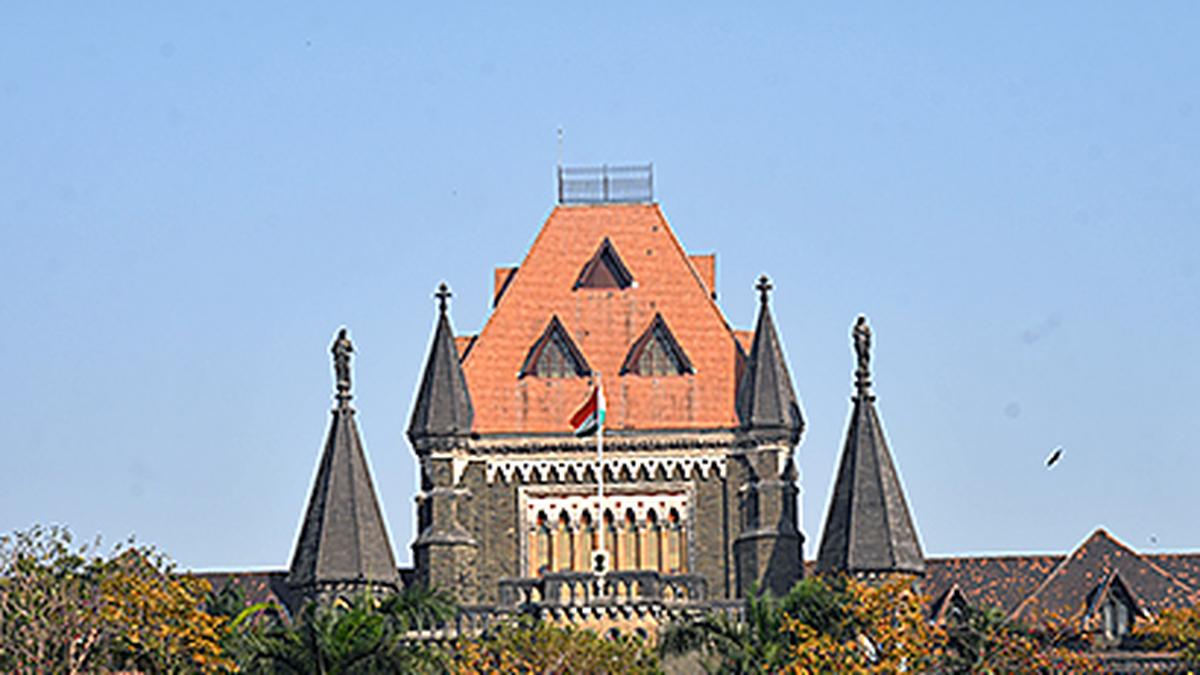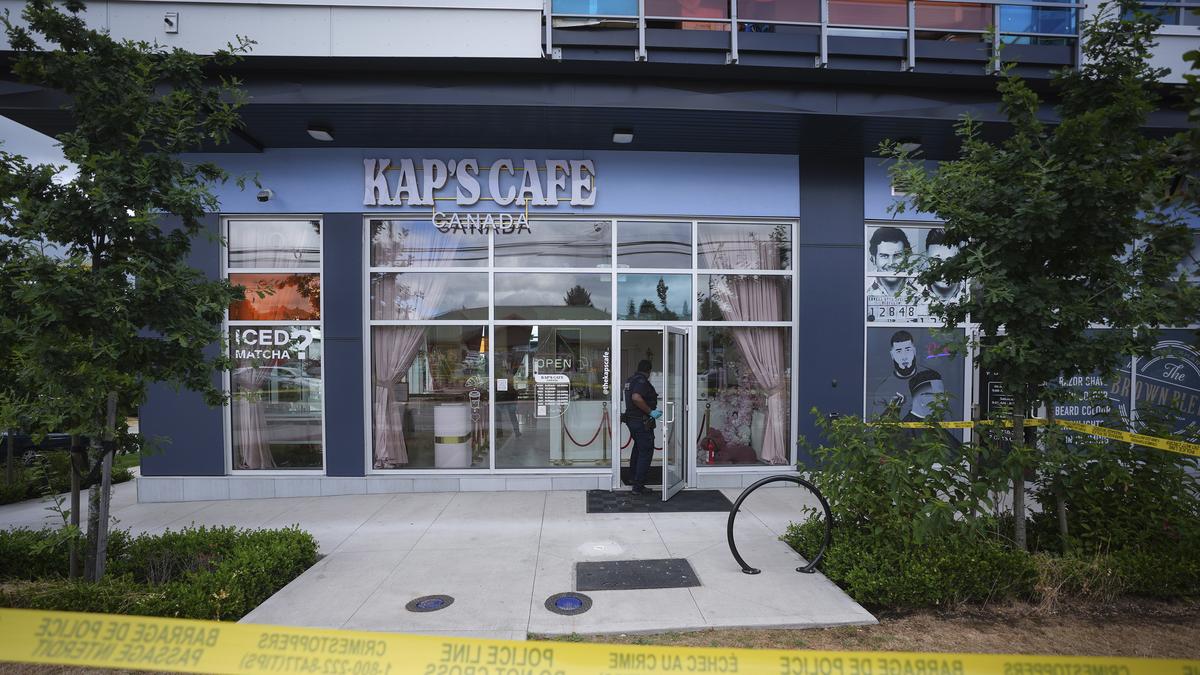
An outer view of Bombay High Court. File
| Photo Credit: Vivek Bendre
The Bombay High Court has directed civic bodies and State agencies to pay ₹6 lakh compensation to families of victims who die due to pothole-related accidents, and between ₹50,000 and ₹2.5 lakh for injuries, depending on severity. A Division Bench of Justices Revati Mohite Dere and Sandesh D. Patil, in an order passed on October 13, also fixed personal liability on senior officials for delays and revived a decade-old suo motu Public Interest Litigation under the principle of “continuing mandamus” to monitor compliance.
The PIL originated in 2013 from a letter by Justice G.S. Patel to the Chief Justice, highlighting the “pathetic condition of roads” and fatalities caused by potholes. Despite repeated directions since 2015, the Bench noted, “nothing much has changed,” and potholes continue to claim lives every monsoon. “There can be no justification whatsoever for bad and unsafe roads,” the court said, adding that Mumbai, as India’s financial capital, cannot afford civic apathy when crores are collected through tolls and taxes. It pointed out that the Municipal Corporation of Greater Mumbai (MCGM) is one of the richest corporations in Asia, yet “the condition of the roads continues to deteriorate every monsoon.”
Placing the right to pothole-free roads “on the highest pedestal of fundamental rights,” the court held, “The right to have roads in reasonable condition is a part of the fundamental right guaranteed under Article 21 of the Constitution of India. Good and safe roads are an essential component of such a meaningful life.” The Bench warned, “To refuse to award compensation and merely remind civic authorities of their duties would amount to rendering mere lip service to the citizens’ fundamental right to safe roads, a right which has been grossly violated.”
The order mandates that compensation must be disbursed within six to eight weeks, failing which Municipal Commissioners, Chief Officers, District Collectors, and heads of agencies like Mumbai Metropolitan Region Development Authority (MMRDA), Maharashtra State Road Development Corporation (MSRDC), Public Works Department (PWD), Bombay Port Trust (BPT), and National Highways Authority of India (NHAI) will be personally responsible. Delays will attract interest at nine per cent per annum from the date of claim until payment. The court clarified that compensation is independent of, and in addition to, remedies under any other law. It also directed that all potholes, once brought to notice, must be repaired within 48 hours, warning that failure will invite departmental action. Wide publicity of the compensation scheme and grievance redressal mechanism was ordered so that affected families can seek relief.
Committees comprising civic chiefs and District Legal Services Authority Secretaries must convene within seven days of any reported death or injury and meet every 15 days during monsoon to monitor compliance. Compensation may initially be paid from fines collected from contractors, but in their absence, civic bodies and State agencies will bear the liability and recover the amount from those found responsible. Strict disciplinary and penal action, including blacklisting, imposition of fines, and criminal proceedings, was ordered against contractors and officers guilty of substandard work.
The Bench expressed anguish over recurring fatalities, mostly involving two-wheeler riders from low-income groups, terming it “gross violation of citizens’ right to live with dignity.” It warned, “Unless those responsible for pothole-related deaths and injuries are made personally accountable, and are compelled to bear monetary liability from their own pockets, they will not understand the gravity of the issue.” The court also observed that some roads in Mumbai have remained intact for decades, while newly constructed ones develop potholes within days of monsoon, indicating “poor quality of materials and substandard workmanship.”
Authorities must submit compliance reports by November 21, 2025. The court said, “This tragic scenario will continue to repeat itself every year unless civic authorities are made accountable.”
Published – October 15, 2025 03:03 am IST



